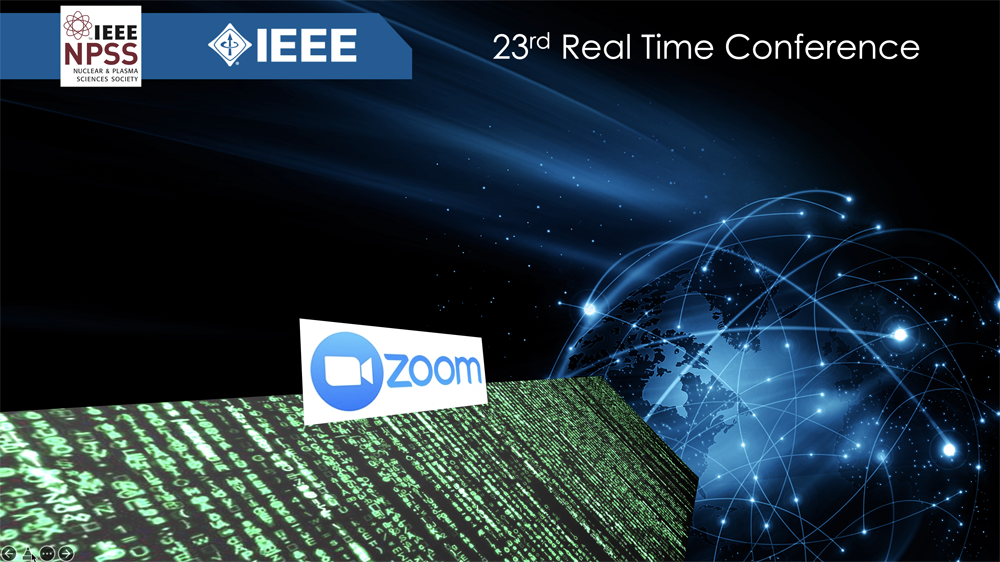Speaker
Description
The deep sea contains abundant resources, and it is of great scientific significance to conduct deep-sea exploration. Active neutron detection based on neutron capture or scattering has the advantages of being non-destructive and detecting a wide variety of elements. However, studies on in-situ neutron detection in deep-sea with a neutron source are rare. The capture-type gamma detector based on neutron capture reaction and the scattering-type neutron detector based on neutron scattering are carried on research for deep-sea in-situ active neutron detection. In these two detectors, BGO scintillation crystals are used to detect gamma-ray and Li glass scintillators to detect thermal neutrons respectively. Both detectors use SiPM as the photoelectric conversion devices. In this paper, a generic readout electronics is proposed for both capture-type gamma detector and scattering-type neutron detector. The readout electronics comprises three modules: front-end electronics with SiPM, data acquisition, storage and control module. These three modules provide features of SiPM signal readout, SiPM temperature compensation, waveform acquisition, digital trigger, real-time energy spectrum statistics, real-time time spectrum statistics, and large-capacity data storage. In addition, the readout electronics supports different working modes of real-time control and self-contained acquisition to cope with the different working scenarios and working methods in the deep sea in-situ environment. In preliminary tests with a compact neutron generator, the readout electronics measured the expected gamma-ray energy spectrum and scattered neutron time-of-flight spectrum.
| Minioral | Yes |
|---|---|
| IEEE Member | No |
| Are you a student? | Yes |

